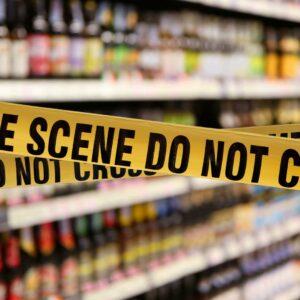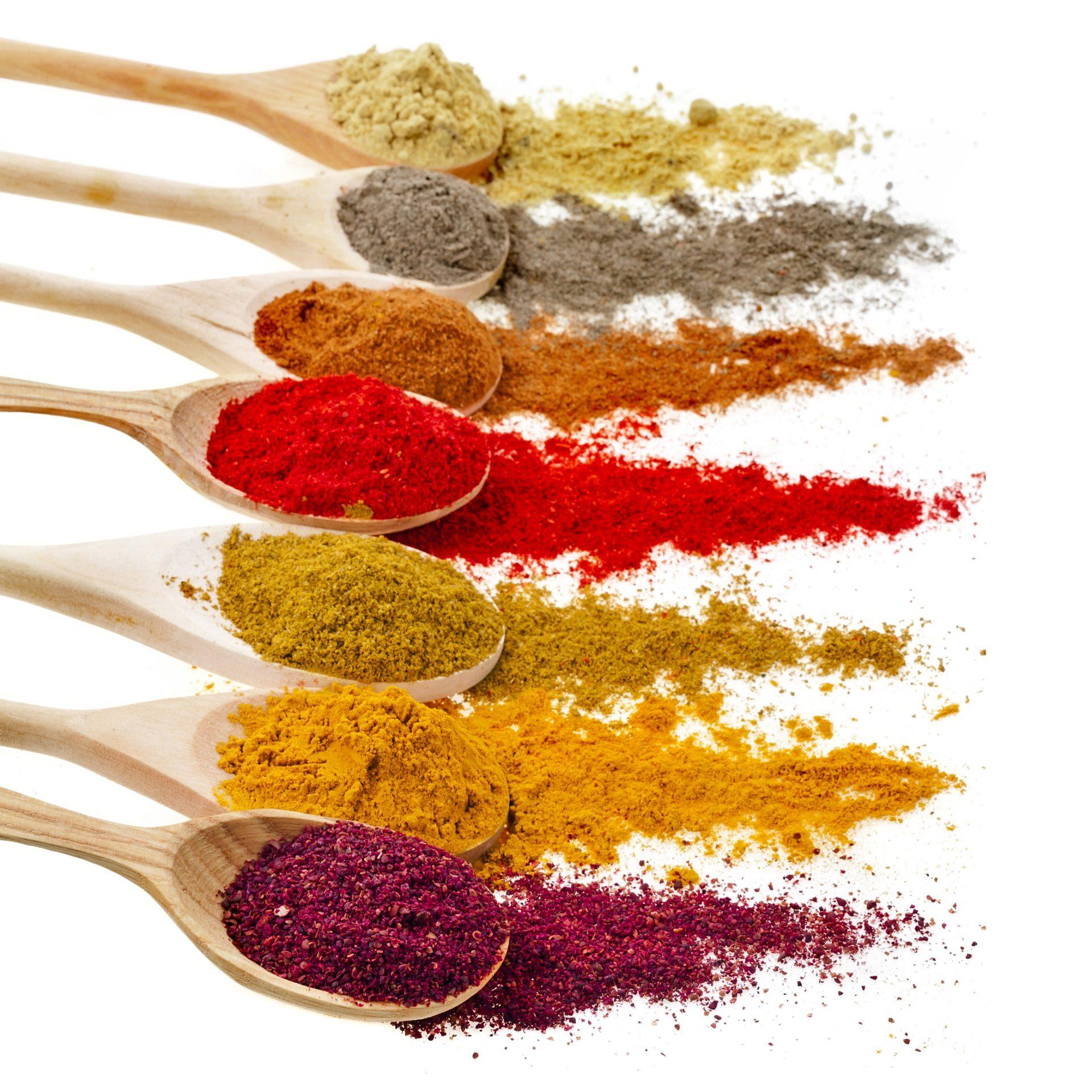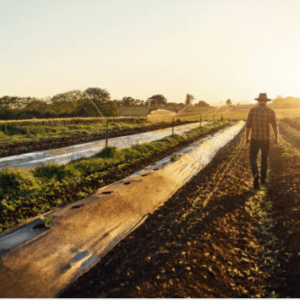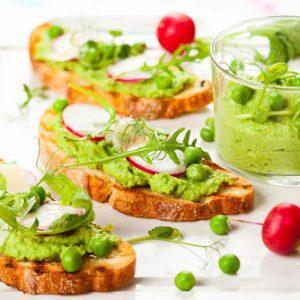Description
TACCP is a method of risk assessment to identify intentional adulteration threats within the food supply chain. Food defense is putting measures in place that reduce the chances of the food supply from becoming intentionally contaminated using a variety of chemicals, biological agents or other harmful substances by people who want to do us harm.
Delivery Method
This course is delivered face-to-face in Brisbane or via Virtual Classroom at exactly the same time as the face-to-face training so all participants will actively take part in group discussions and exercises.
Virtual Classroom Participants will be sent an email from the trainer approximately 30 minutes before the start of the course with a link to the online training course meeting. All you will have to do is click on the link and follow a couple of instructions (no downloads required). To ensure you are prepared on the day of training, we conduct a practice run before the course. All virtual participants view the same material and are expected to actively participate throughout the duration of the course.
Contents
- The workshop will provide delegates with an understanding of supply chain management risk factors, significant risks and current methodologies.
Benefits
The FBI estimates that the ALF/ELF (Animal Liberation Front/ Earth Liberation Front) & related groups have committed more than 1,100 criminal acts in the United States since 1976. Resulting in damages conservatively estimated at approximately $USD 110 million.
In Australia there have been intentional adulteration cases such as:
- Industrial razor blade, was discovered in a cake by a consumer in Ballarat, Victoria, in January, who alerted authorities. Then a sewing needle & a piece from a metal baking tray were discovered by consumers in Queensland & Tasmania, while a rubber glove & paper clip were discovered in products still at the Kedron factory in Brisbane.
- Salad bars at Sizzler outlets in Toowong & the Myer Centre were contaminated with green pellets, which forensic tests indicate are similar to chemicals used in rat poison.
The following food safety standards require risk assessment along the supply chain for economic food fraud along with implemented and documented controls: SQF, Costco & Coles Food Manufacturing Supplier Requirements CFMSRv2.





